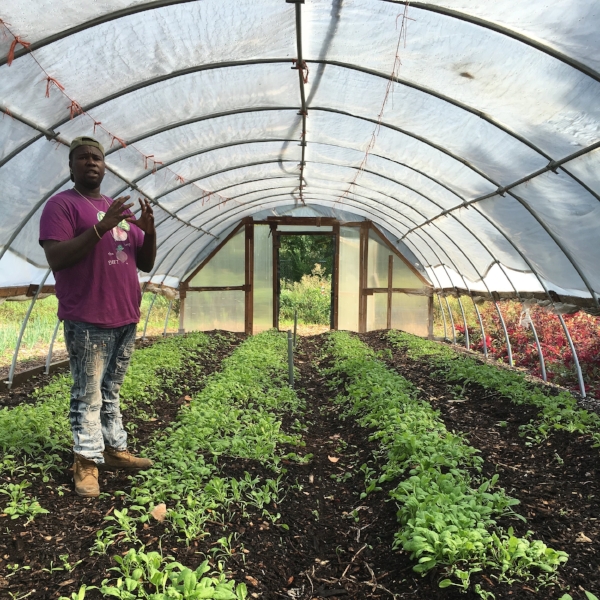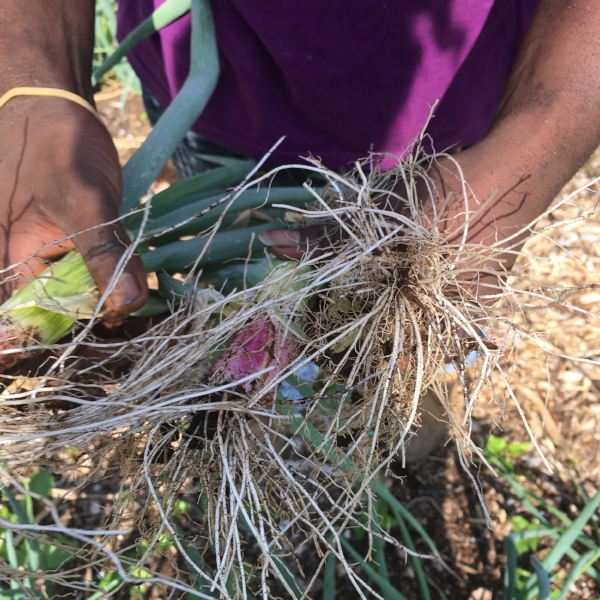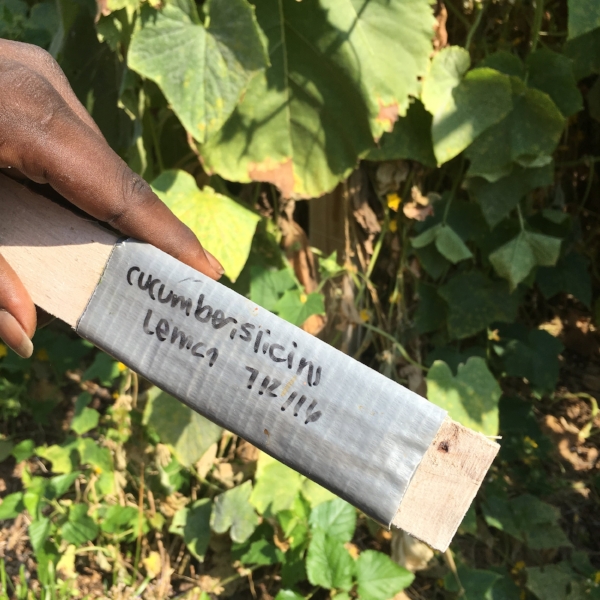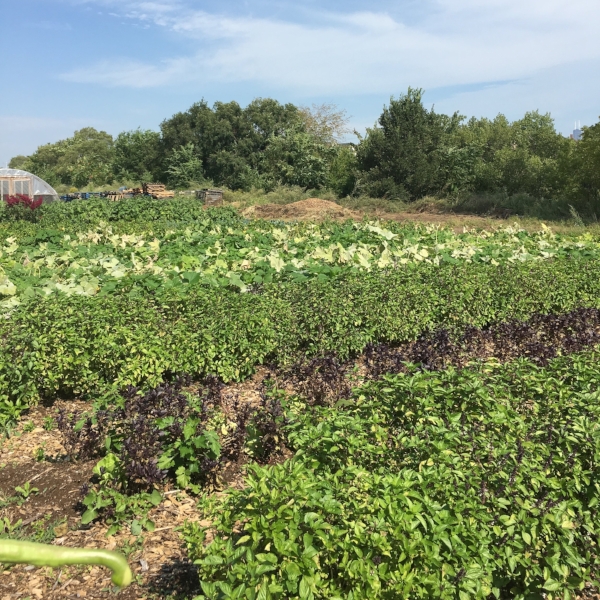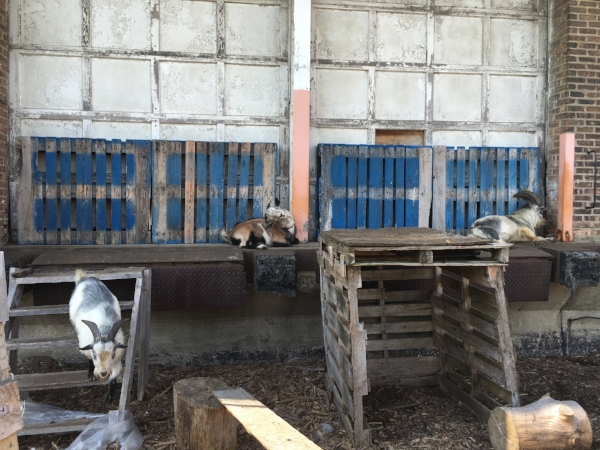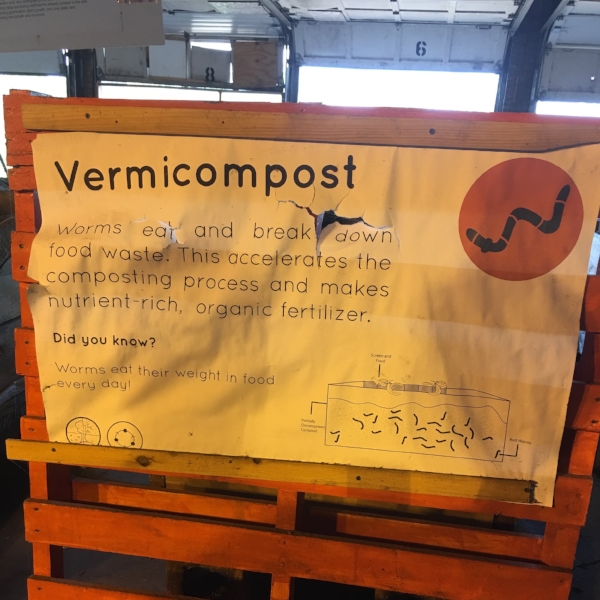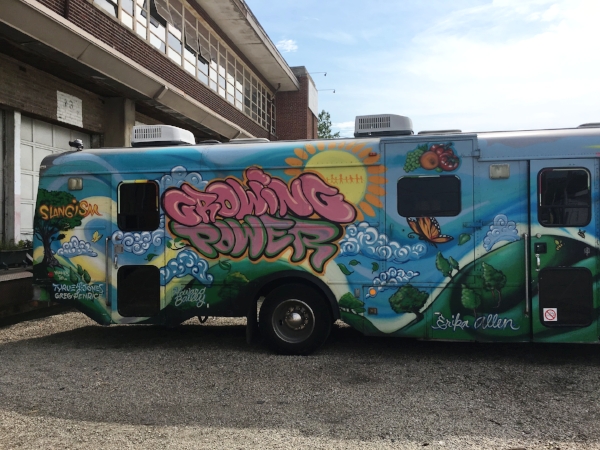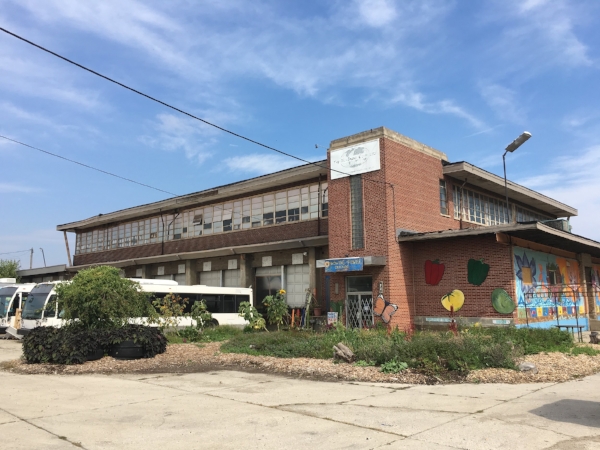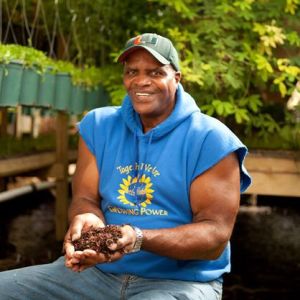by Isis Ferguson, Associate Director of City and Community Strategy
Will Allen, founder and CEO of Growing Power Inc.
On October 19, urban practitioners will visit Chicago for Ethical Redevelopment Salon #3: Pedagogical Moments. Prior to the evening Salon, they will have the opportunity to spend some time with Place Lab and local Salon members on an outdoor site visit to Growing Power’s local urban farm.
Growing Power inc. was established in Milwaukee in 1993 by farmer Will Allen, who offered his land as a work opportunity for teens seeking to learn and earn. This partnership grew into a national and global commitment to sustainable food systems, and Growing Power now has sites in Chicago and Madison, WI.
The Chicago project has several sites, and Growing Power is farming over 12 acres within the city. Our Salon members will be visiting the urban farm on S. Iron Street in Chicago's Bridgeport neighborhood. The site, originally housing an industrial warehouse, had been abandoned for nearly a decade when Growing Power began work on its transformation. The land now serves as a hub for Growing Power's neighborhood-based food production, green job training programs, micro-enterprise development, and education center.
Taco, the urban pygmy goat
In late September, I enjoyed a couple of hours out in the September sun previewing Iron Street's hoop houses, worm compost bins, rows of arugula and kale, and the aquaponic tanks.
I even met an urban pygmy goat named Taco.
One of Growing Powers central tenants is that a farm is an educational lab, a place for learning and experimentation, where ideas can be formed, tested, and revised as the work moves forward. They create methods for urban farming, including the rearing of livestock, that can be replicated in neighborhoods around the world.
Chicago has been in the news a lot recently regarding food deserts and the impact of food insecurity on health and wellness. Growing Power works to teach Chicagoans ways that individuals can exercise a level of agricultural agency in an urban environment. The organization provides opportunities for locals to reconnect to food sources by offering education about the most nutritious food choices; skills training in how to efficiently and sustainably grow food locally; and providing high-quality, safe, healthy, affordable food regardless of residency.
As the organization itself acknowledges, their methods are not fancy—they are methods meant to remove barriers to access that exist in so many urban communities. Simple. Replicable. Teachable. These three components are key in making urban farms sustainable.
“Growing Power Chicago annually trains and employs over 300 city youth in urban agriculture and community food system development. Through their work in urban gardens and greenhouses, the Chicago Youth Corps learned how to grow soil, vegetables, herbs, flowers and launched a unique line of hand-crafted beauty, culinary, and craft products.”
Teachable is the element that will be in the spotlight for our Ethical Redevelopment Salon visit later this month. Knowledge transfer and social responsibility are interlocked, critical concepts of Principle #3: Pedagogical Moments. Growing Power's rich portfolio of teaching/learning opportunities, which include youth corps programming, internships, and workshops, will set the stage for the Salon's exploration of what pedagogy means in neighborhood transformation.
When we return to Growing Power’s Iron Street farm on Oct. 19, the Salon members will connect what we see, hear, and sample to conversations about community self-determination, food systems, and knowledge transfer.
